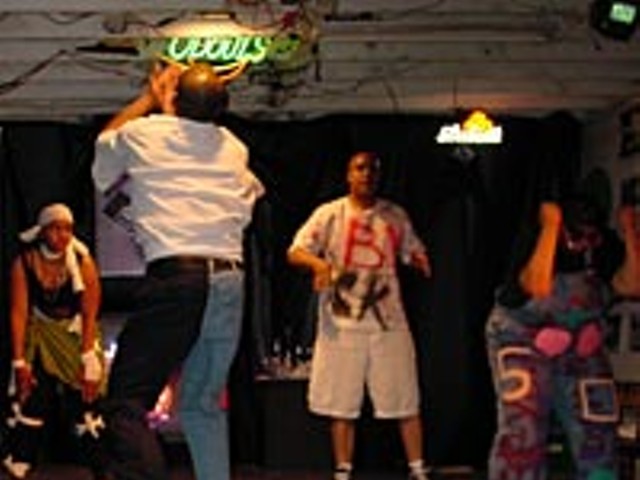Some people swear by acupuncture. They’ll tell you how a few painless sessions as a human pincushion cured vicious migraines or relentless back pain. Others remain skeptical, dismissing the ancient practice as mumbo jumbo. Now, scientists investigating its actions in heart disease have found not only that acupuncture works, but why and how. One day, they say, blood pressure medication might be replaced by a few pins and needles.
Dr. John C. Longhurst first became interested in acupuncture on a research trip to China. “I met an investigator who’d been doing work in acupuncture for years. I saw that he was a very good scientist,” he says. “I, like most scientists, thought acupuncture was a lot of hocus-pocus. But when I saw his work, I knew there was something to it.”
Once home, Longhurst, a Ph.D. and professor of medicine at the University of California, Irvine, College of Medicine, began the first of four investigations into the underlying mechanisms of acupuncture.
In it, his team tested cats with heart disease. “We showed that acupuncture helped the animals by reducing ischemia — the lack of oxygen to the heart” caused when blood vessels are blocked, he says. That was hard evidence that the therapy worked. Next, they tried to determine how it was happening.
In acupuncture, invisible pathways connecting one body part to another are called meridians. “They are located over major (nerve) pathways that are accessed when you put a needle in,” says Longhurst. Stimulating the pathway “sends impulses to the brain, activating different areas.” Some affect pain, “which explains why acupuncture can control pain,” he says, “and others regulate the cardiovascular system.”
One such area, just above the spinal cord in the brain stem, regulates release of adrenaline — a chemical that makes hearts pound and blood pressure soar. But when they induced an “adrenaline rush” in animals, acupuncture “prevented this from occurring. It blocked the effect,” says Longhurst. Hearts beat normally and blood pressure remained low.
In the third study, the team found they could reverse acupuncture’s heart-healthy effects by injecting cats with a synthetic version of naturally occurring opioids — brain chemicals that produce a “runner’s high,” kicking in when we’re in severe pain. “So, we’re narrowing it down, getting more specific and detailed in terms of what’s going on,” says Longhurst.
A fourth study is under way in human subjects, he says, but it’s still too early to draw any conclusions.
The ultimate goal of this work is to help the huge number of patients with ischemia, high blood pressure, and irregular heartbeat, or heart arrhythmias, he says. “The current meds have a lot of side effects. If we can reduce (their medication needed) with acupuncture, that would be great.”
Experts agree it’s not a far-fetched idea. “There has to be something more to acupuncture than the placebo effect or hypnosis,” says Dr. Joseph Alpert, Flinn Professor of Medicine and chairman of the department of medicine at the University of Arizona in Tucson. “My colleagues have seen people have open-heart surgery with only acupuncture, no anesthesia. This is not a bunch of malarkey,” he says. “It’s real.”
Dr. Pascal J. Goldschmidt, chief of cardiology at Duke University, agrees. “It’s not an accident that people have been doing acupuncture for so long,” he says. The findings are “pretty clear that it’s not a placebo effect. Acupuncture seems to be having a relatively specific effect on the control of blood pressure.”
Liza Jane Maltin is a reporter/researcher for WebMD. E-mail [email protected]




